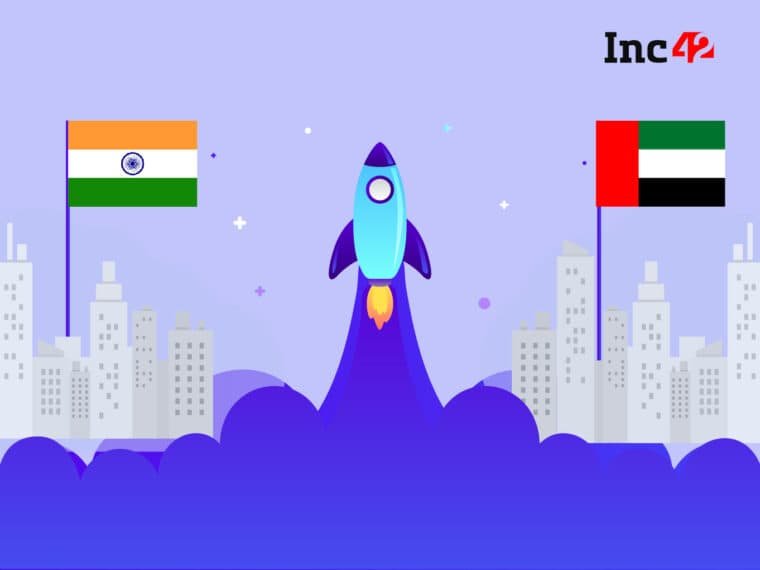
Starting a business in India offers unique advantages that can often surpass the appeal of setting up in Dubai, especially for entrepreneurs eyeing growth in a diverse and rapidly evolving market. India, with its vast population and demographic diversity, provides an expansive consumer base and a dynamic talent pool, making it an attractive destination for startups. One of the key advantages India offers is its cost-effectiveness. Operational costs in India—ranging from office space, infrastructure, to labor—are typically lower than in Dubai. This allows startups to allocate more resources toward innovation and scaling rather than sustaining day-to-day expenses. For early-stage startups, this can make a substantial difference in financial longevity and flexibility, allowing businesses to sustain their growth trajectory with lower risk.
India’s vibrant ecosystem, bolstered by extensive government support, is another significant factor that places it ahead of Dubai in terms of startup appeal. Initiatives like “Startup India” provide various tax benefits, subsidies, and easier regulatory procedures, all of which reduce the bureaucratic burden on emerging businesses. Furthermore, the government’s focus on boosting digital connectivity has led to the proliferation of mobile internet and digital services, creating a fertile ground for tech startups targeting a rapidly digitizing consumer base. Conversely, while Dubai does have free zones and offers tax incentives, the country’s overall regulatory environment, visa restrictions, and cost of living can be more demanding for new entrepreneurs.
India’s startup ecosystem is further enriched by the availability of a highly skilled and competitive workforce, particularly in the fields of technology, engineering, and data science. Indian universities produce a large number of engineering and tech graduates each year, creating a vast talent pool ready to innovate and adapt. Additionally, India’s burgeoning gig economy offers startups access to flexible, project-based labor, allowing them to scale operations efficiently without incurring long-term hiring costs. This contrasts with Dubai, where the workforce is largely imported, often resulting in higher wages and complex visa requirements for both employers and employees.
Moreover, India’s domestic market is incredibly diverse, providing startups the opportunity to pilot and refine their products in multiple consumer segments before expanding globally. The country’s blend of urban and rural landscapes enables businesses to test products across a spectrum of customer needs, fostering greater adaptability and consumer insight. For instance, a startup in India can leverage its learning from rural consumers to fine-tune products for urban users, thus refining the business model in ways that would be more challenging in Dubai’s relatively homogenous market. With the rise of middle-class consumers in India, the demand for innovative, affordable products continues to grow, giving startups ample opportunities for organic expansion within the country itself.
Additionally, India’s strategic geographic location provides a gateway to Asia, offering access to neighboring markets in South Asia and Southeast Asia. This positioning is beneficial for startups eyeing expansion in high-growth regions. While Dubai also boasts a strategic location, acting as a gateway to the Middle East and North Africa, the market similarities within this region may not offer the same diversity of business insights as India’s vicinity to multiple developing economies.
Overall, India’s combination of affordability, government support, abundant talent, and market diversity creates a nurturing environment that can give startups an edge. For entrepreneurs looking to maximize innovation, build locally adaptable products, and leverage a broad consumer base, India provides an array of advantages over Dubai, making it an appealing choice for new businesses aiming for impactful, scalable growth.
–PRADHAN CHINNAPPA






